“Emotion is the chief source of all becoming-conscious. There can be no transforming of darkness into light and of apathy into movement without emotion.”
Image from Carl Jung’s The Red Book
Jungian psychotherapy integrates Carl Jung's most influential concepts into a process of therapy that promotes emotional wellbeing, psychological growth, and self-understanding/self-acceptance.
Some of the approaches and features of Jungian Psychotherapy include:
Archetypes: their manifestation, influence, and potential for guidance on one’s life path
Active imagination
The transcendent function
The integration of dreams
Complexes
Shadow
Individuation
Jungian psychotherapy is a holistic approach to therapy that recognizes how the unconscious can influence the way we understand and relate to the world and our own selves. The term “unconscious” can have many meanings and is often misunderstood. In the context of Jungian psychotherapy, the unconscious is essentially the undiscovered and unnoticed parts of ourselves, which impacts self-understanding and how we experience the world. Therefore, the process of Jungian psychotherapy seeks to bring consciousness and clearer understanding to these previously unknown areas of being and experience.
Jungian psychotherapy addresses the underlying structures and experiences that often lead to unhelpful/habitual patterns, depression, anxiety, and feelings of being stuck/unmotivated. The process aims to bring resolution to inner conflicts and restore meaning, purpose, and creativity.



